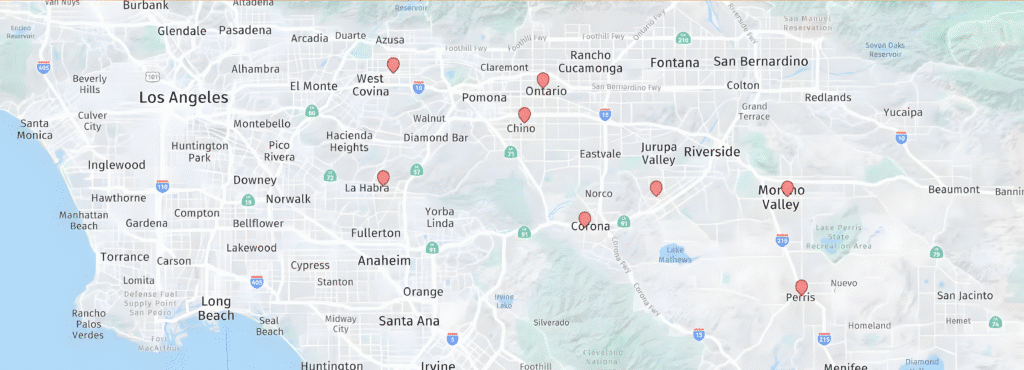
New and expecting parents have a million things on their mind, all aimed at creating the healthiest environment possible for their young child. Today, we discuss how parents can baby-proof their house to prevent potential injuries to their babies and toddlers.
First: Get on Their Level to Identify Problems
Before beginning, identify potential problems by getting on your hands and knees, and crawling around your house to observe it from your child’s perspective. Look for things that are within reach and look appealing to children. What looks tempting for babies? How could they use their surroundings to injure themselves? This exercise will help you identify areas in your home where you need to focus extra effort, like cabinets, drawers and other spaces that may house hazardous material.
Protect Outlets
Outlet covers help prevent children from shocking themselves by sticking a foreign object in the outlet. Unfortunately, a lot of outlet covers are small and easily swallowed by a toddler. Instead of outlet covers, we suggest replacing electrical outlet covers that have a sliding safety latch, which is far more difficult for a toddler to access.
Secure Heavy Furniture and Fixtures
According to the U.S. Product Safety Commission (CPSC), more than 16,000 children under the age of 5 are injured each year by television sets, bookcases, and other heavy pieces of furniture. To prevent this, we suggest securing your heavy furniture to the wall with bolts to prevent it from falling over. Also, move heavy items away from the edges of furniture pieces so that your toddler doesn’t pull something down on herself. Additionally, always put heavier things in the bottom shelves or drawers to make your furniture less top-heavy.
Prevent Poisoning
According to the American Association of Poison Control Centers, more than 1.2 million possible poisonings of children under age 5 were reported in 2009. This makes it imperative that parents store all of their hazardous chemicals out of reach of their children in a secure area. Additionally, parents should keep medications well out of reach of their young children, and dispose of any old medication. Also, watch out for carbon monoxide by installing carbon detectors, which will alert you if your home has unsafe carbon monoxide levels.
Be prepared for a potential poisoning by having the National Poison Control Center’s number accessible: 800.222.1222.
Practice Water Safety
Accidental drowning is the number one cause of death of children between the ages of 1 – 4, and most of these unfortunate accidents occur inside the home, not at the pool. Most in-house accidents involve babies and bathtubs, which make it critical that parents monitor supervise their children in the bathroom, and NEVER leave them unattended near a pool of water. Buckets, bathtubs, and even toilets are dangerous to toddlers, so parents must closely supervise their children around water.
Protect Their Teeth
It’s important that parents establish a dental home for their child by their first birthday. This way, a children’s dentist can help guide your family to oral health success, and offer strategies for protecting your young child’s teeth.
We would love to be your dental home! Schedule a visit with our office today so that we can evaluate the state of your child’s teeth, and begin them down the path to a healthy smile.

